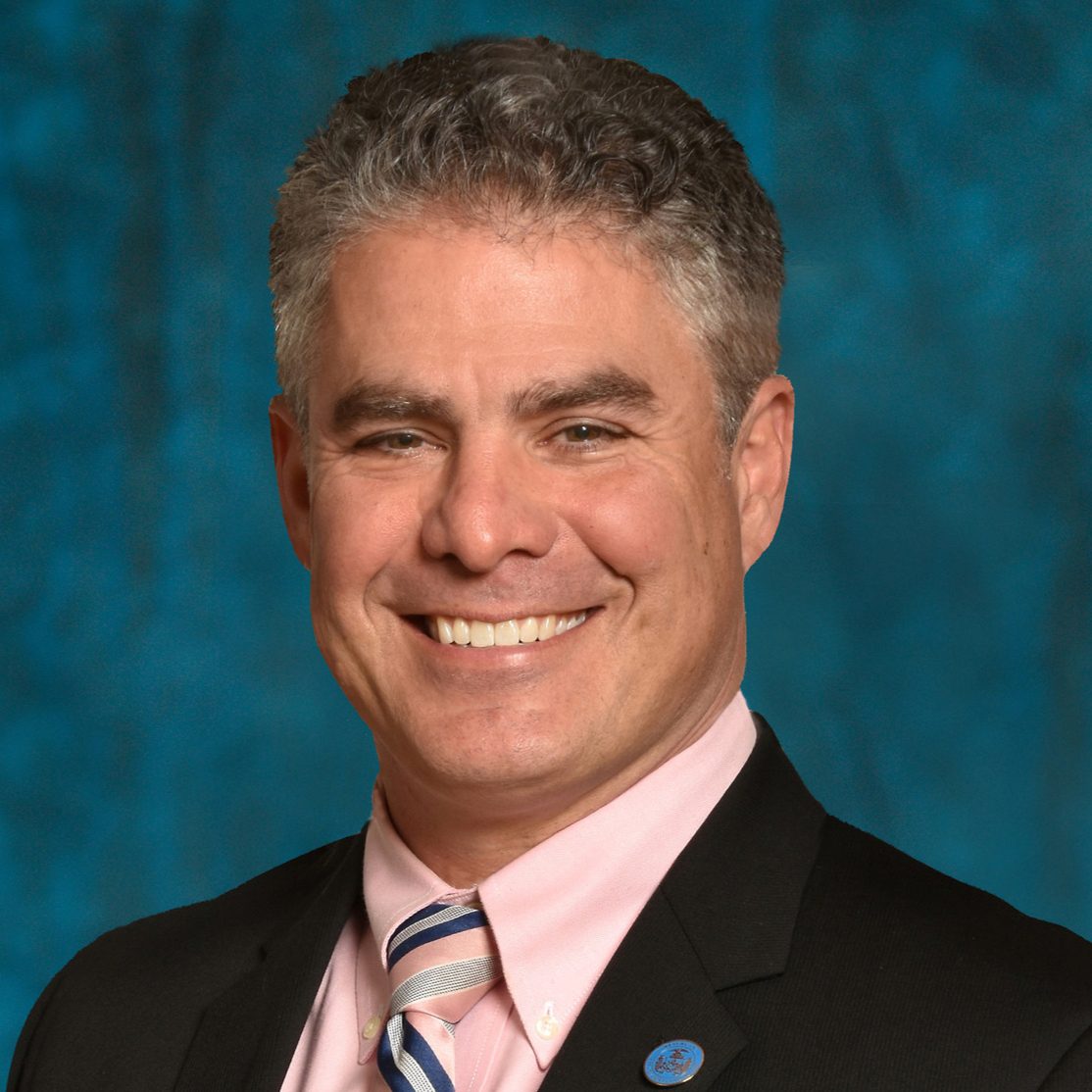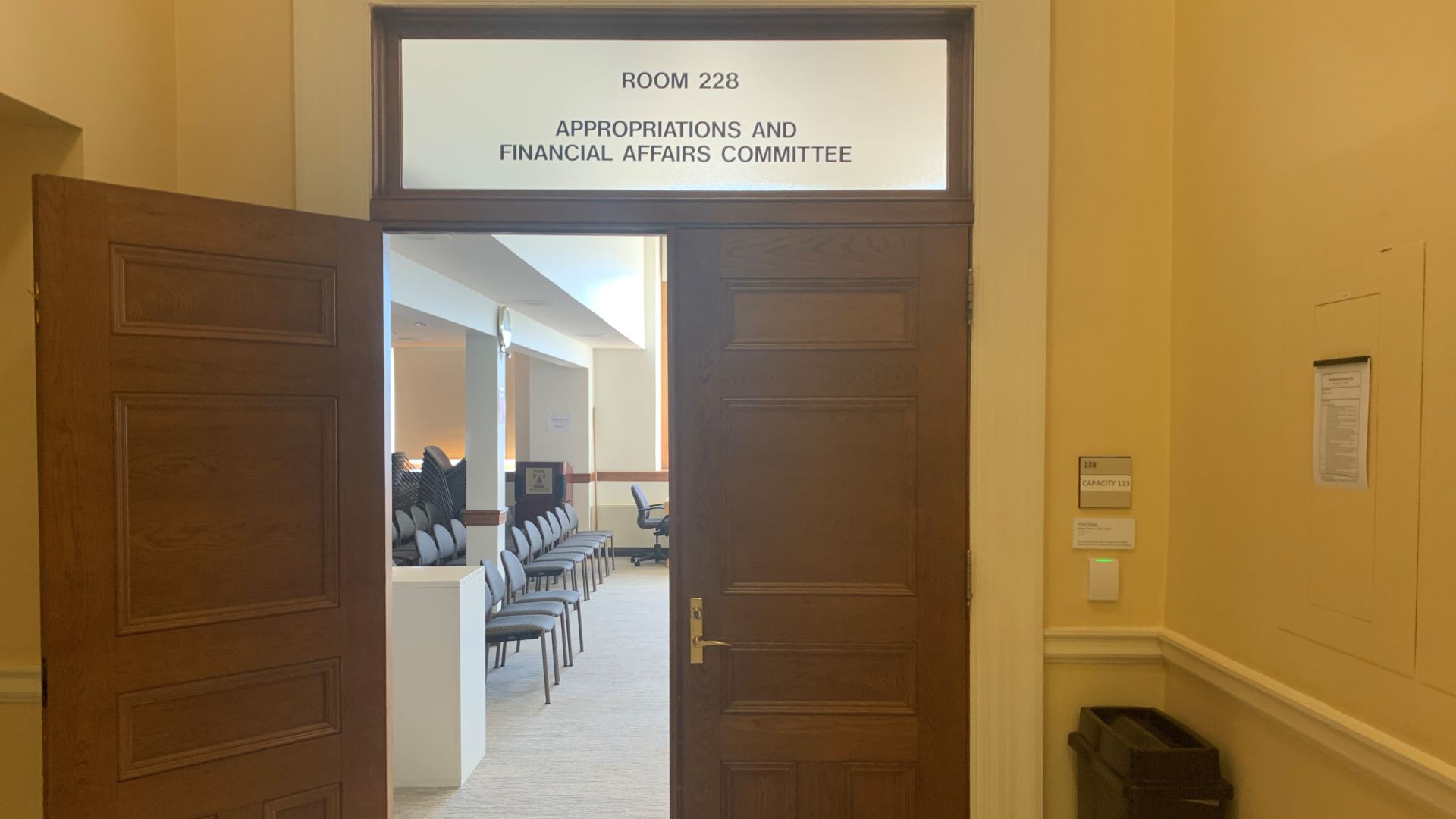Despite garnering support from committees or even full chambers, many bills each session never make it off the “Special Appropriations Table,” where those with fiscal notes land before receiving funding from the Maine Legislature’s Appropriations and Financial Affairs Committee.
While it’s unknown what the committee will do with the 146 bills currently on the table, it is certain that many — probably most — will go unfunded this year. Gov. Janet Mills has only allotted $12 million for lawmakers to do with as they please in her proposed budget, which was unveiled at her State of the State address.
Added together, general fund expenditures on the special table total roughly $1.3 billion for the 2021-22 fiscal year alone.
The process works like this: If a bill in the Maine Legislature has a price tag, or fiscal note, it will typically be placed on the Special Appropriations Table, often called “the table.” From there the 13-member Appropriations Committee votes to determine if the bill is worthy of funding, or if enough money is available. In the committee, “Bills are passed as is, amended to change the cost or killed outright,” according to an explainer of the table published by the state.
While this is a long-standing practice in the Maine Legislature, some members openly question why a small group wields such power.
Critics also say the table can shield lawmakers from difficult votes. They might favor something in a different committee or on the House or Senate floor while knowing it will never get funded anyway, and is basically dead on arrival to the Appropriations committee.

“When you stop to think about it, it’s a highly undemocratic function of Maine government,” said Rep. Jeffrey Evangelos (I-Friendship). “In the end, 13 people get to decide, and it often overrides what the democratic legislative bodies have already approved.”
A bill sponsored by Evangelos that would change post-conviction review of criminal court cases currently sits on the table.
Essentially, even if a bill is supported by a legislative majority, it can be undone by a committee consisting of only 13 lawmakers. Many decisions are bargained within the committee, leaving other lawmakers with little opportunity to change the decisions.
Worries about the special table and the committee’s power exist across the political aisle. Democrats and Republicans alike have bills sit on the table eternally.
Even inexpensive bills can be stymied
For example, a bipartisan bill to allow independent voters to vote in primary elections, which was sponsored by Sen. Chloe Maxmin (D-Lincoln), and co-sponsored by Sen. Matthew Pouliot (R-Kennebec) and others, faces an uncertain future. While it was carried over to the current session, it’s unclear if the bill will be funded.
The bill’s fiscal note wasn’t particularly expensive in the scheme of state funding. It required one-time funding of $200,932 in 2023-24 so the Secretary of State’s office could pay for more postage and ballot costs.
“The Appropriations Committee is definitely — obviously — the most powerful committee in the legislature,” Pouliot, the Senate assistant minority leader, said in an interview with The Maine Monitor last week.
Pouliot often warns new members that just because their legislation passed out of committee or received support from the chamber, it doesn’t always mean it will become law.
“I’ve talked with new legislators (and said), ‘Hey, you know just because your bill passed doesn’t mean that it really passed,’ ” he said. “Ultimately the Appropriations Committee is the final arbiter on the majority of legislation unless it doesn’t have a fiscal note.”
Pouliot said that at times fiscal notes don’t feel fully accurate, although he can’t prove they were wrong.

“Some of the fiscal notes are bogus, you know,” he said. “They put fiscal notes on there I feel like, sometimes just so that it will have to go to Appropriations to get killed.”
To ensure a bill that requires new spending will make it through the process and receive funding, Pouliot said it’s best to get bills into the governor’s budget proposal beforehand.
“One of the things that I didn’t realize certainly when I got into the legislature, and it probably took me a couple of times to really come to grips with the fact, (is) that if your bill costs money, and it’s not in the governor’s budget, yeah, pretty much forget about it,” he said.
According to the March 9 Senate calendar, the Appropriations table has 146 bills, with various causes, monetary requirements and purposes, awaiting a decision from the committee.
For example, one bill would establish ongoing absentee voting, another would help provide emergency shelter access for people who are homeless. A few bills involve tax credits, some involve various aspects of healthcare. Some of the legislation requires long-term funding, others require one-time allocations.
Some of the $1.3 billion in total cost may already be in Mills’ proposed budget, so lawmakers will not have to cut everything. But many of the bills will go unfunded. Bills on the special table exceed $400 million in general fund expenditures for future fiscal years as well.
Ultimately the state does not have the money to pay for all the bills on the table. When lawmakers reach a budget deal, some items will receive funding and others will get cut.
Shielding lawmakers
Ethan Strimling, a former Portland mayor who served three terms as a state senator, said the table is something “you don’t really understand until you have been there a little while.”
“It’s unfortunate because it basically gives everybody an opportunity to vote for things and pretend they support it,” Strimling said. “But then in the end it never passes because the Appropriations committee doesn’t put money behind it.”

Strimling said he understands the need for the Appropriations committee to review spending, but in doing so the committee should have “much more deference to the Legislature and the priorities that the Legislature has passed.” Requests for comment to the co-chairs of the committee (Sen. Cathy Breen, D-Cumberland, and Rep. Teresa Pierce, D-Falmouth) were not returned.
This session, Strimling argues that instead of accepting a Mills proposal that would use part of the current $822 million surplus to give $750 checks to Mainers, Appropriations should instead fund legislative proposals that would otherwise die on the table. Strimling said as long as it was budgeted for appropriately, the surplus could fund long-term projects.
“Spread out that billion dollars over five years and fund some really important programs,” he said. “After five years, you have a pretty good idea of how effective they are and whether they should keep going.”
Often, there are bills with millions of dollars attached that never make it off the table and through the committee, said Jacob Posik, communications director for the Maine Policy Institute, a right-leaning think tank that advocates for individual liberty, free markets and “economic freedom.”
“More often than not, it comes down to a game of horse trading at the end of the legislative session,” Posik said. That will almost certainly be the case this session, too.
“Rarely does it feel like the bills that would be most helpful or impactful to Mainers are what eventually get funded from special approps,” Posik said. “More often than not, I would say it’s leadership’s pet projects or concessions to the minority party in order to get them to vote for the full budget.”








